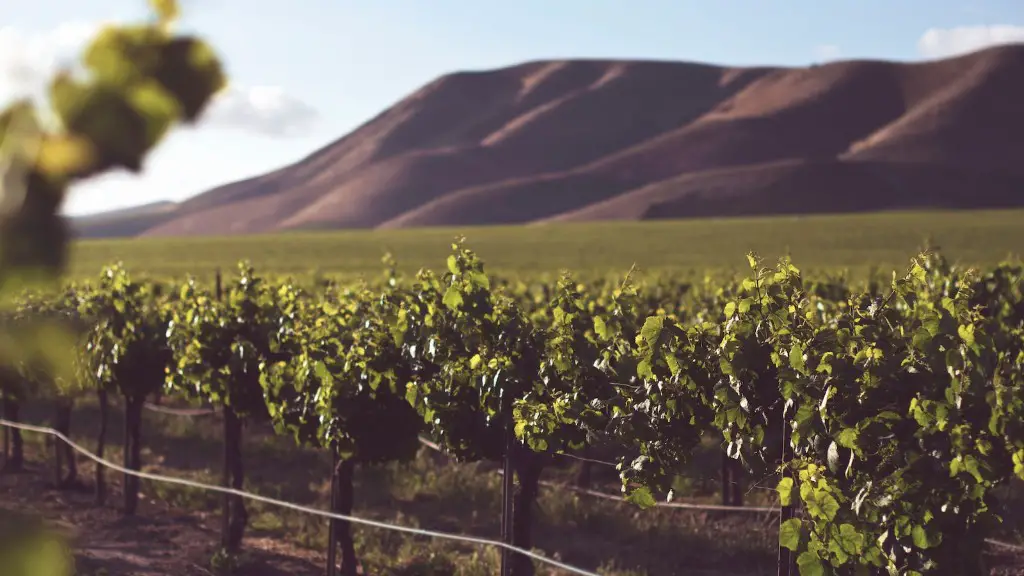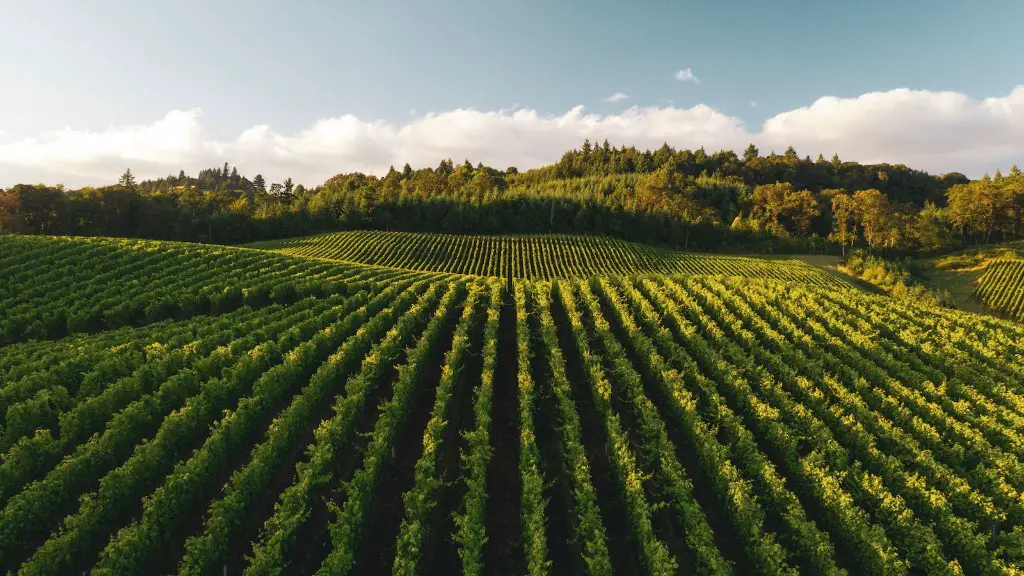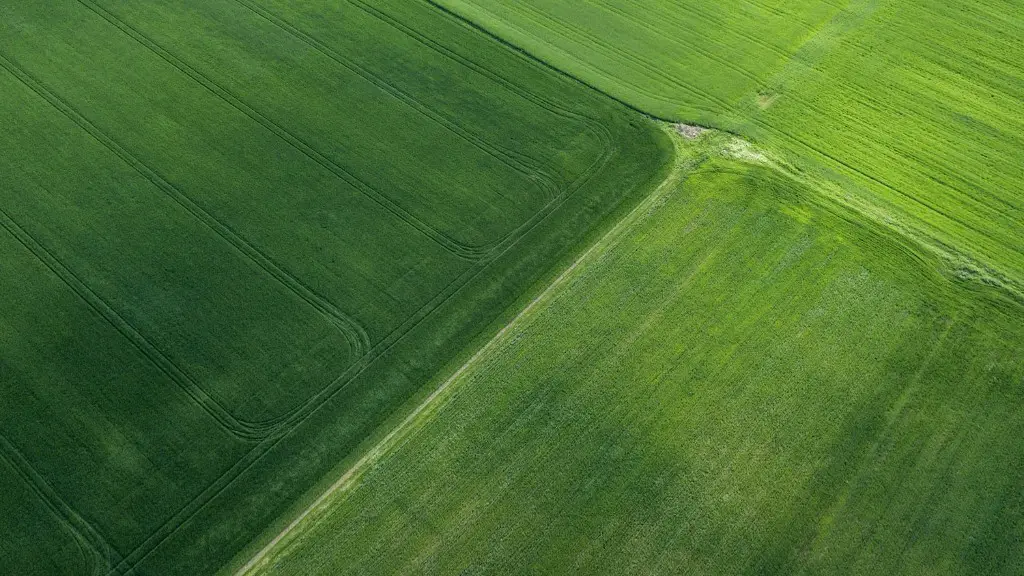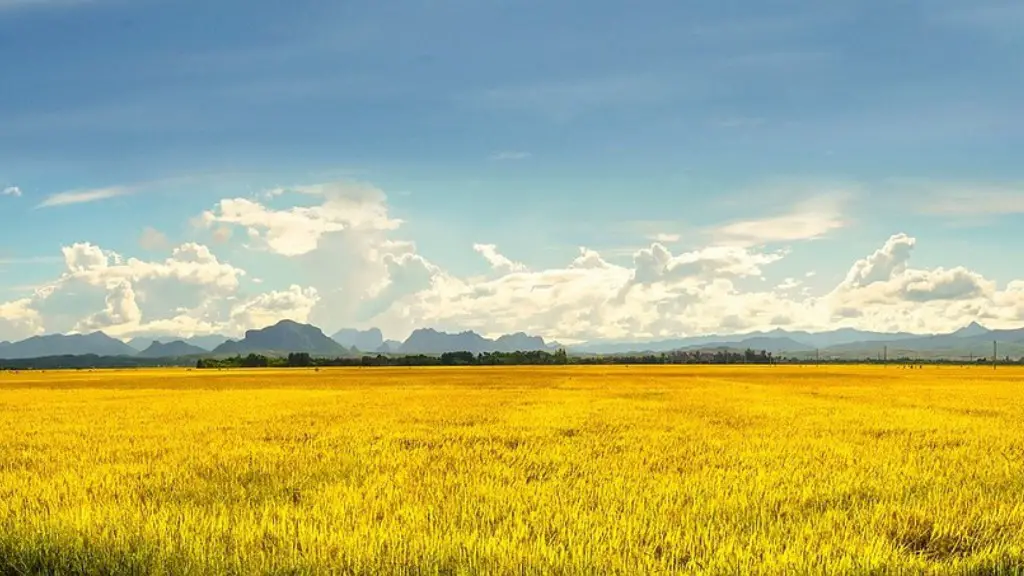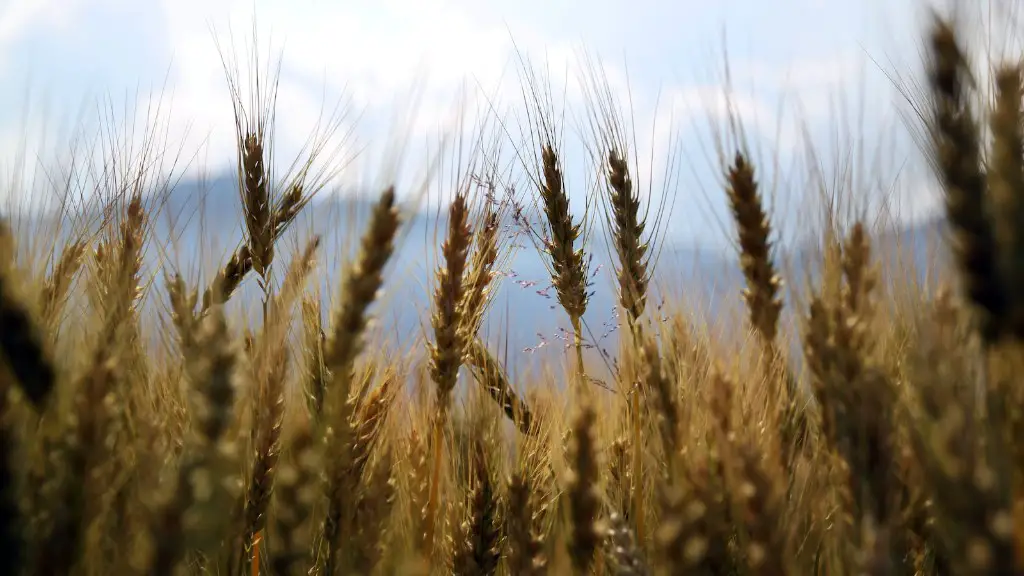Agriculture education is the study of agriculture, food, and natural resource systems. It encompasses everything from the soil to the farm to the table. It is a field that is constantly evolving as new technologies and practices are developed.
Agricultural education is the teaching of agriculture, natural resources and land management. Agricultural education includes a wide range of content areas such as animal science, plant science, food science, agribusiness, agricultural mechanization, and more. Agricultural education also encompasses non-formal and experiential learning opportunities such as 4-H, FFA, camps, and other youth development programs.
What is the description of agriculture education?
Agricultural education is a systematic program of instruction available to students desiring to learn about the science, business, technology of plant and animal production and/or about the environmental and natural resources systems. Agricultural education programs prepare students for successful careers and leadership roles in the agriculture, food, fiber, and natural resources industries.
Agricultural education is important for a number of reasons. It helps us understand where our food comes from and how to be responsible stewards of the land. It also teaches us about the many career opportunities available in agriculture, which can help us build a strong agricultural workforce. Agricultural education is an important part of our education system and should be encouraged.
What are the 3 components of agricultural education
The National FFA Organization’s Agricultural Education program is a three-part integrated model that includes classroom instruction, hands-on experience and leadership opportunities.
The Agricultural Education program is designed to help students learn about the science and business of agriculture. Through their Agricultural Education classes, students gain knowledge about the production, processing and marketing of agricultural products. In addition, students learn about the management of agricultural resources, including land, water, air and plants.
The hands-on experience that students gain through their Supervised Agricultural Experience (SAE) projects is an important part of the Agricultural Education program. Students learn by doing as they develop and implement their SAE project. With the help of their agricultural teacher, students choose an SAE project based on one or more of the SAE categories.
The leadership opportunities that students have through the National FFA Organization help them build the skills that they need to be successful in the agricultural industry. Through their participation in FFA, students learn about public speaking, teamwork and problem solving. They also have the opportunity to apply what they have learned through their SAE projects.
Agriculture science teachers play an important role in educating students about agriculture, food and natural resources. Through these subjects, teachers can provide students with a wide range of skills, including science, math, communications, leadership, management and technology. In addition, many agriculture science teachers also advise an FFA chapter, providing students with valuable guidance and mentorship.
What do agriculture students study?
The main difference between agriculture courses is their focus. Agricultural courses may focus on topics like agricultural technology, food technology, dairy industry, food science, plant science, horticulture, or forestry. Each of these fields has its own unique body of knowledge and its own set of skills.
Agriculture is the main source of raw materials for many industries. It is also important to international trade and plays a big role in a nation’s revenue. Agriculture provides employment for many people and is crucial to a country’s development. It can also help heal the environment.
What are the 4 types of agriculture?
There are four main types of agriculture: livestock production, crop production, agricultural economics, and agricultural engineering. Each type of agriculture has its own unique set of challenges and opportunities.
Agricultural education principles are essential for preparing students for careers in agriculture. By providing up-to-date technical skills and knowledge, conducting experiential learning activities, and involving students in leadership and personal development activities, agricultural educators can prepare students for successful careers in agriculture.
How many types of agriculture are there in education
There are many different branches of agriculture, each with its own set of sub-branches. Crop production is the science and art of growing crops for human consumption. Agricultural engineering is the application of engineering principles and technology to the design and construction of agricultural machinery, equipment, and facilities. Agronomy is the science and technology of producing and using plants for food, fuel, fiber, and Land reclamation. Horticulture is the science and art of growing fruits, vegetables, flowers, or ornamental plants. Forestry is the science and practice of managing forests, tree plantations, and related natural resources. Dairy technology is the study and application of scientific principles and technology to the production, processing, and distribution of milk and milk products. Fisheries science is the study of the biology, ecology, and management of fish and other aquatic organisms.
The environment and agriculture sector offers a wide range of job opportunities for those interested in working in this field. Agricultural consultant, animal nutritionist, ecologist, environmental engineer, farm manager, fisheries officer, and hydrogeologist are just a few of the job titles that you might find in this sector. This sector is growing rapidly, so there are many job openings available.
What is the highest paying job in agriculture?
The highest paying jobs in agriculture are:
1. Agricultural Engineer
2. Agronomist
3. Agricultural Food Scientist
4. Veterinarian
5. Winemaker
6. Farm Manager
7. Agricultural Sales Representative
The agricultural industry offers a variety of career paths for those with an interest in the outdoors and a passion for science. Agricultural engineers work on designing and improving farm equipment and machinery. They also work on developing new ways to increase crop yields and improving water and soil conservation methods. Agricultural economists work on analyzing data to help farmers make better decisions about production, pricing, and marketing of their crops. Farm managers are responsible for the overall daily operation of the farm, including crop production, animal husbandry, and financial management. Soil and plant scientists conduct research on soil properties and plant growth. They develop new methods for increasing crop yields and improving crop quality. Conservation planners work on developing plans to protect natural resources and improve land management practices. Commercial horticulturalists grow and sell plants for landscaping and other commercial purposes. Agricultural salespeople work with farmers and other agricultural businesses to sell farm equipment, supplies, and services.
Is it hard to study agriculture
BSc Agriculture is not a tough course. It is a four year degree course which is divided into eight semesters. The course covers topics like crop science, horticulture, soils, agricultural economics, animal science, and more.
The National Senior Certificate with a bachelor’s degree or a diploma endorsement, or an equivalent qualification, with an achievement level of at least 4 for English (home language or first additional language) and 3 for Mathematics or 4 for Mathematical Literacy is recommended for students wishing to pursue a career in agriculture. Agricultural subjects are important for students wishing to gain an understanding of the production, processing and marketing of food and other agricultural products.
How long does it take to study agriculture?
The length of agricultural studies don’t have a set time. It really depends on the university you choose and what you want to study within the agricultural field. Some people get a bachelor’s degree within 3 years, while others may study for a longer period of time to get a master’s degree or a Ph D. There is no right or wrong answer, it really just depends on what you want to do and how long you want to study.
Farming is an essential part of food production and has been around for centuries. In recent years, there has been an increase in the popularity of organic and sustainable farming practices. This is due to the growing concern for the environment and the health of both consumers and the farmers themselves.
Farming is a physically demanding job that requires a lot of hard work. However, it is also a very stimulating and challenging profession. There are many different aspects to farming, from crop production to animal husbandry. This means that there is always something new to learn.
Farming is an important source of income in rural areas. It provides employment for people who might otherwise struggle to find work. It also helps to develop the younger generations by teaching them essential skills.
Farming can also have a positive impact on the environment. Sustainable farming practices can help to conserve water and reduce soil erosion. They can also help to promote biodiversity.
Overall, farming is a good for your health, the environment, and the economy.
Warp Up
Agriculture education is the study of agriculture, food, and natural resources. It encompasses the areas of production, processing, marketing, distribution, and consumption of food and other agricultural products. It also includes the study of the environmental and social aspects of agriculture.
The importance of agriculture education is evident in the many benefits it provides. By teaching individuals about farming and agricultural production, we can help to ensure food security and safety, support economic development and growth, and protect natural resources. In addition, agriculture education can help to instill a sense of pride and responsibility in those who participate, and can foster a better understanding and appreciation of our natural world.
